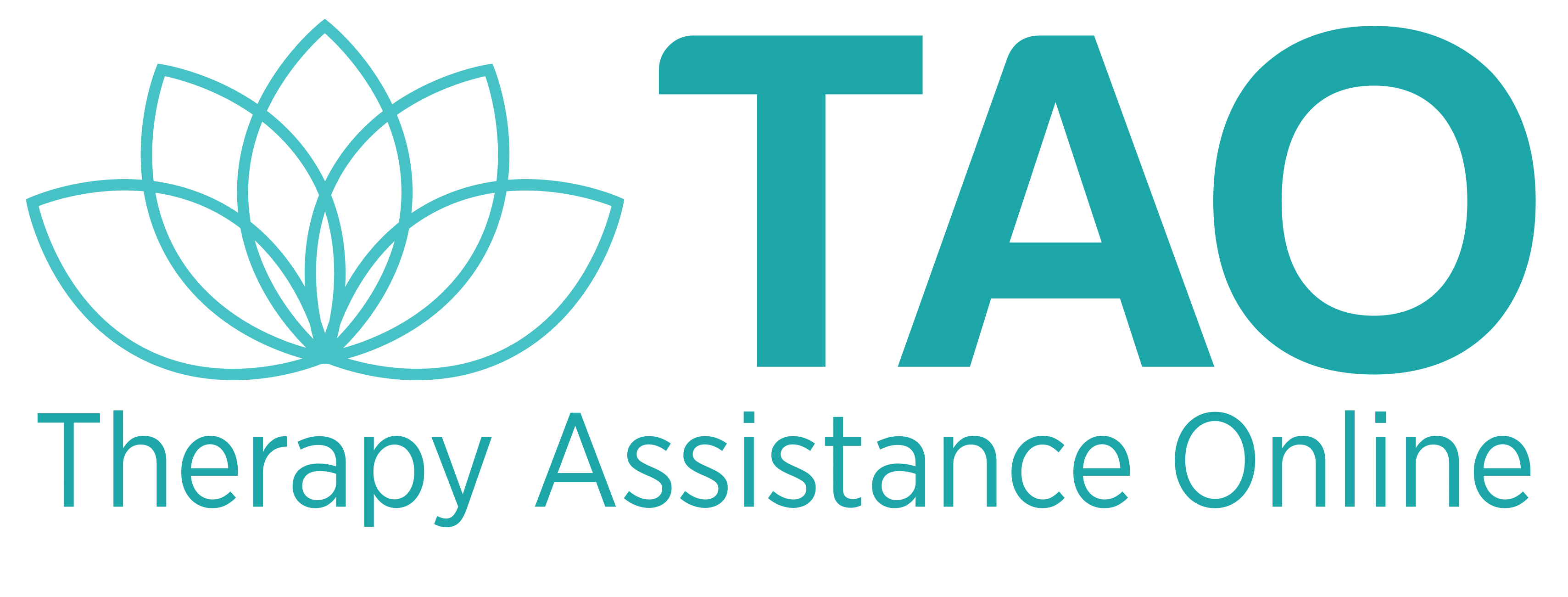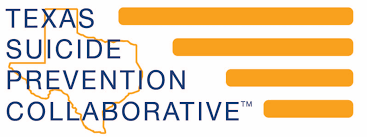Program of Assistance for Students
The TTUHSC Program of Assistance for Students (PAS)
PAS is a resource for students of the Texas Tech University Health Sciences Center. We aim to promote health and wellness in your personal and your academic life.
Counseling is available for a variety of issues:
- Depression
- Excessive stress or anxiety
- Healing from trauma
- Family and relationship problems
- Grief and loss
- Alcohol and drug abuse
TTUHSC provides each student with up to eight free, confidential counseling sessions per fiscal year (September – August). Telehealth is available for all active TTUHSC students in Texas. Students that prefer in person visits can use Campus Locations to find a PAS provider in your location. Click here for a printable brochure.
Use this Anonymous Mental Health Screening to learn about your mental health and if you are showing symptoms of a mental illness.
PATIENT FORM HERE
Make an Appointment
We're here to help. Contact us if you have questions or to make an appointment.
Phone: 806.743.1327 or 800.327.0328
Student Resources
- Additional Resources
- Printable Brochure
- QEP Live Well Website
- Student Disability Services
- TAO-Therapy Assistance Online Self-help
Mental Health Resources
National Suicide Prevention Lifeline Call or text 988
If you are in crisis and one of the following applies to you:
- You feel you are in immediate danger of harming yourself.
- You feel you are in immediate danger of harming someone else.
- You have recently been assaulted or had a traumatic experience.
Please do one of the following:
- Call 911 – you will be connected with the police who can help you get emergency services.
- Call the StarCare Crisis Team 806.740.1414.
- Go to your local emergency room.
The Texas Suicide Prevention Collaborative (TxSPC) is a nonprofit organization dedicated to supporting Texas communities in their efforts to build suicide prevention capacity. We do this by promoting the use of evidence-based best practices that encourage the public health approach to suicide prevention. To view more available crisis lines click here.





